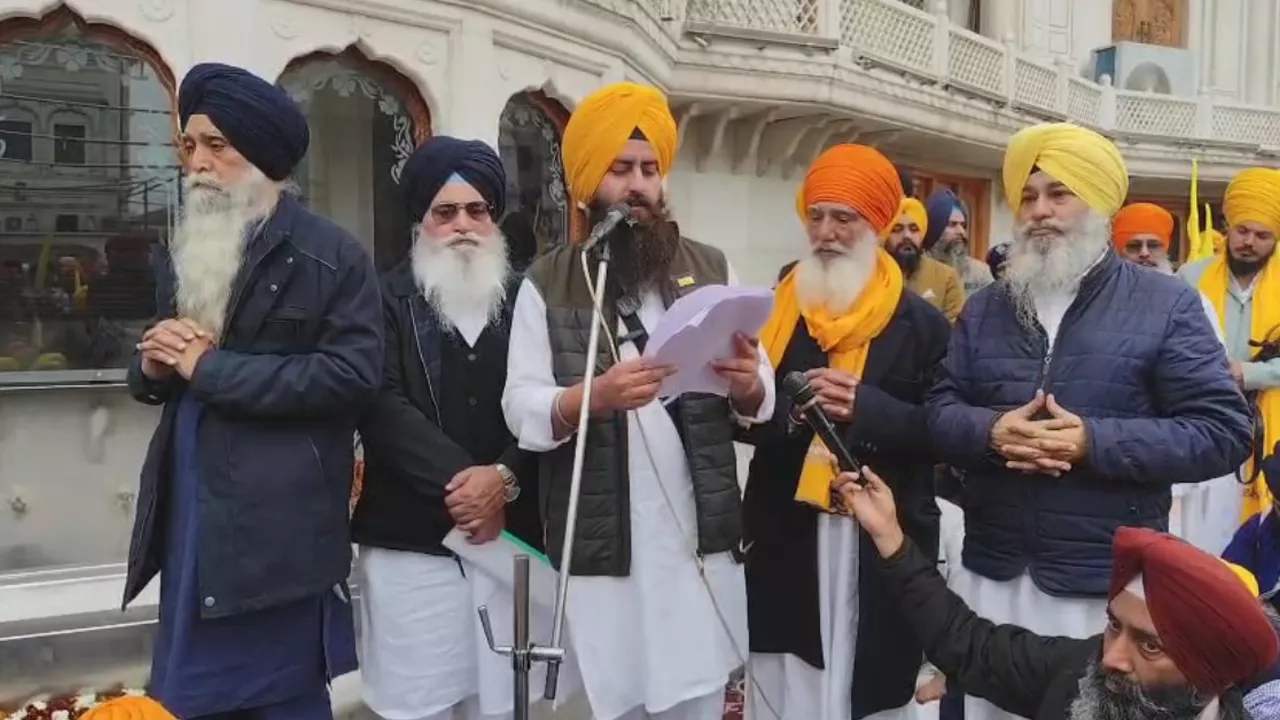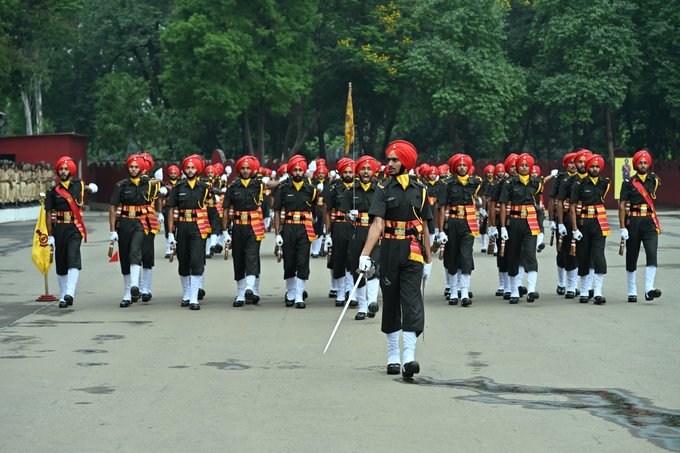Panjab formally rejected the Union govt.’s National Policy Framework on Agricultural Marketing (NPFAM), deeming it unconstitutional and threatening to dismantle its robust Agricultural Produce Market Committee (APMC) system. In a letter to the Union Ministry of Agriculture on 8 Jan, the Panjab govt. contended that the draft fails to address farmers’ fundamental demand for a legally mandated Minimum Support Price. Panjab’s additional chief secretary Anurag Verma termed the framework an attempt to reintroduce features of the repealed 2021 farm laws. Panjab also objected to proposed cuts in the Rural Development Fund and Market Development Fund from 3% to 1% each. Officials criticized the policy’s silence on the 2.5% commission for arhtiyas (commission agents), who procure wheat and rice worth USD 11.6B annually. The arhtiyas argued that the six-decade-old Punjab Agricultural Produce Markets Act, 1961 offers a robust, state-regulated framework that should be adopted nationwide instead of the Union govt.’s proposed NPFAM. While private markets are allowed, they require stringent licensing, preventing undue corporate concentration. In contrast, the NPFAM favors deregulation, simpler licensing, and private investment in facilities like silos and cold storage, potentially eroding Panjab’s APMC system. Amid this, official data as of 1 Jan shows that India’s rice stocks have soared to a record 60.9M metric tons (MTs), more than eight times the government target of 7.6M, while wheat reserves stand at 18.4M MTs, falling below the five-year average of 26.7M. On 14 Jan, data also showed wheat sowing in India rose by 1.38% compared to last year, reaching 32M hectares so far in the 2024-25 rabi (winter) season (WD Vol 2, Issue 40, Story 8). It must be noted that the huge increase in rice stock is an example of mismanagement because farmers have struggled to sell rice on profit and now the Food Corporation of India will struggle to store the rice.


Like what you're reading? Subscribe to our top stories.
Liv Forum provides a digest of analysis on major issues facing Indian (East) Panjab and Sikhs globally.
In accordance with our Privacy Policy, we will never share or sell the information of our subscribers.






